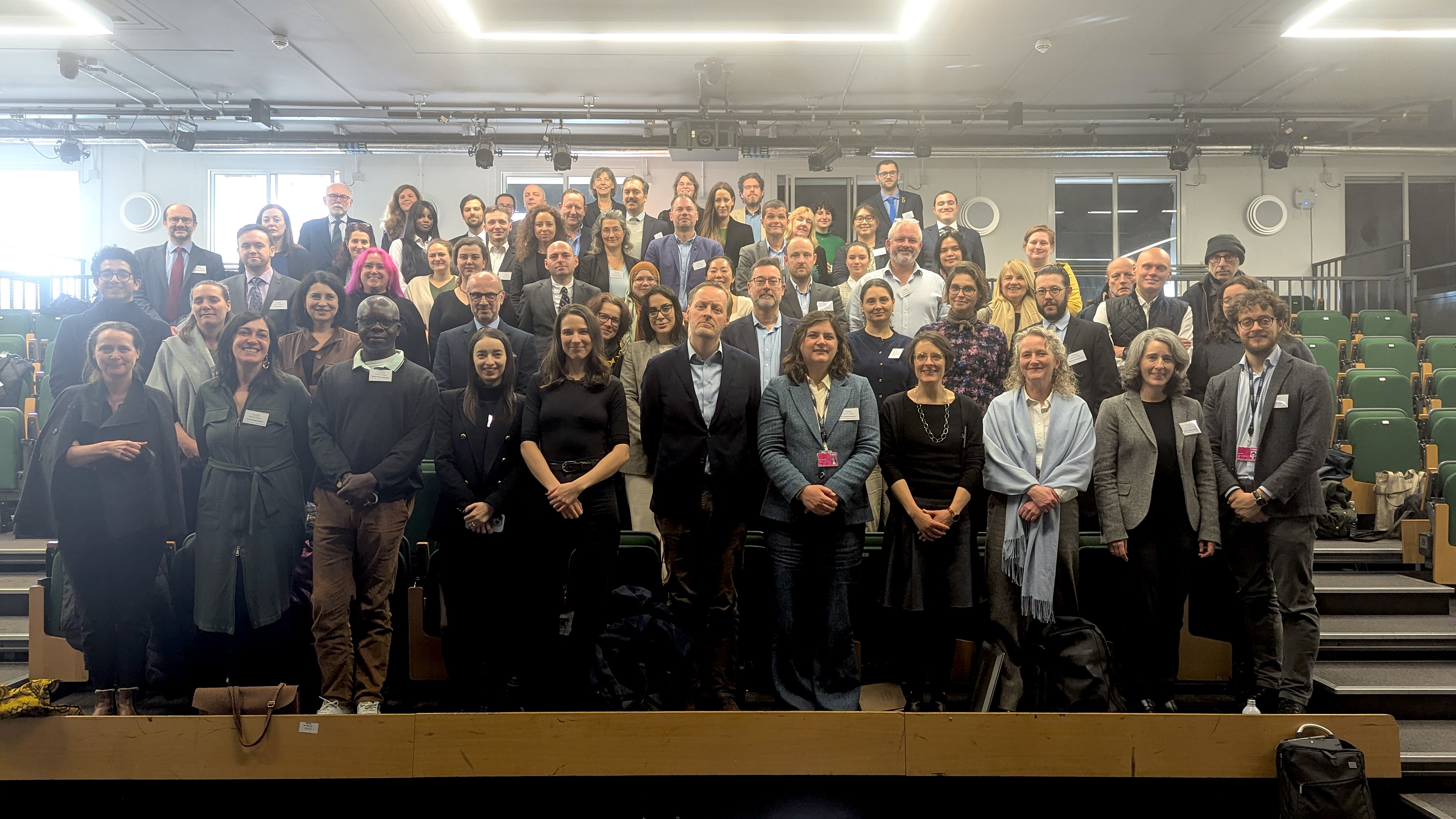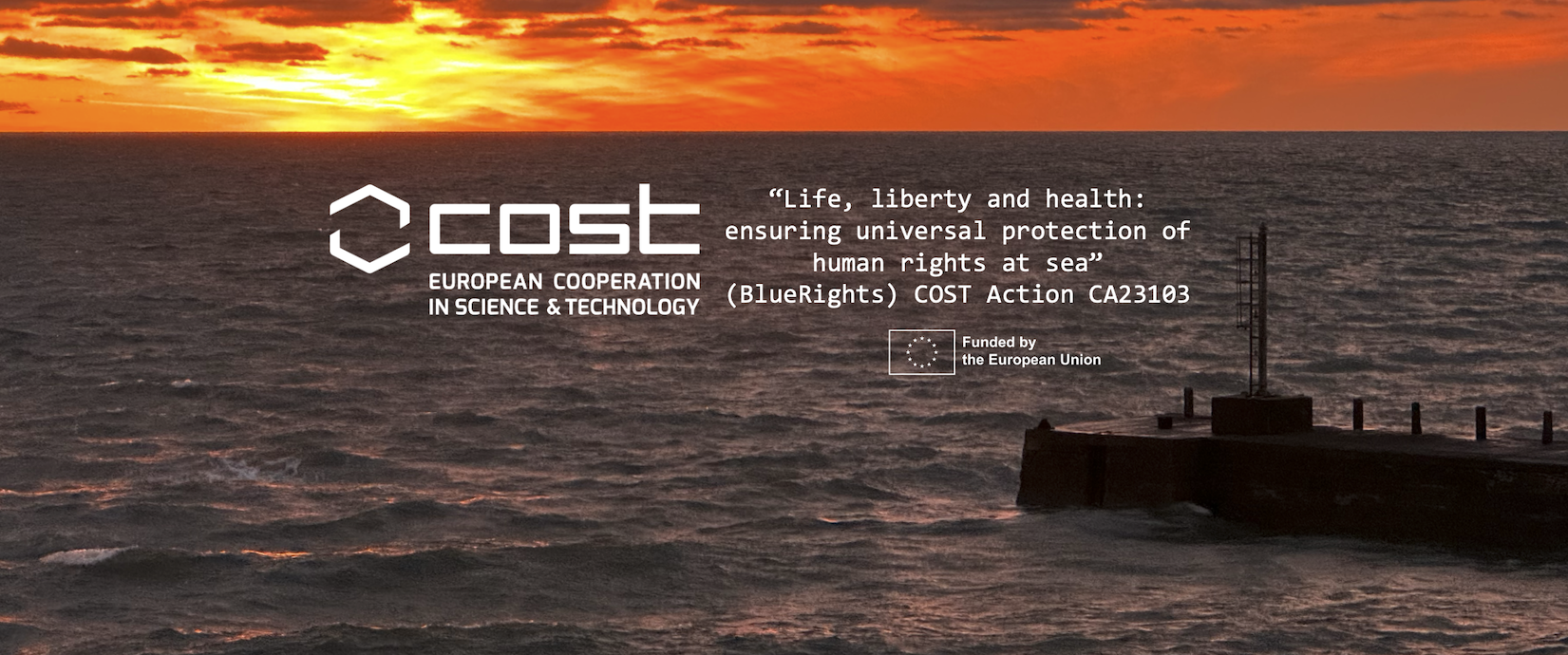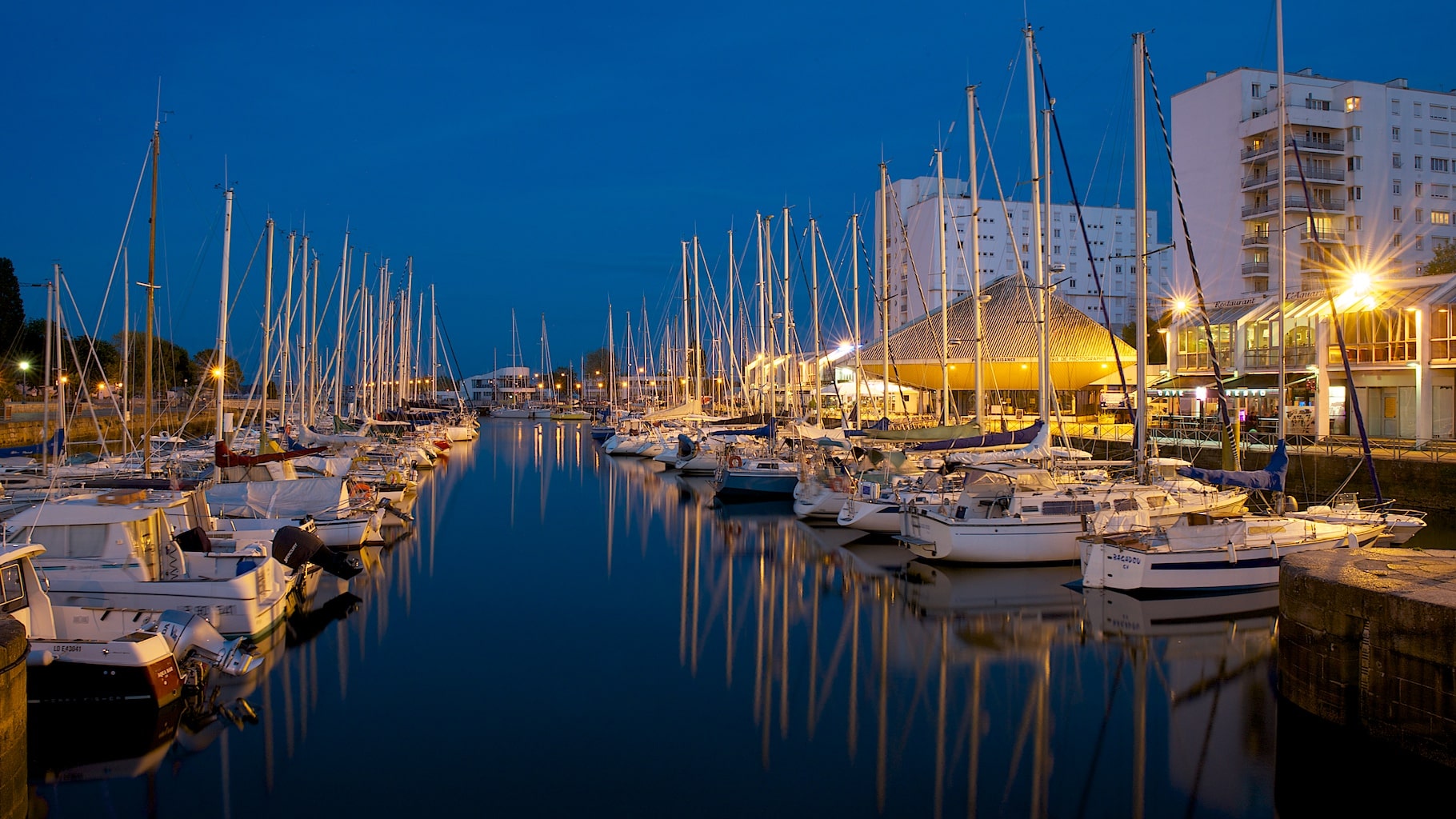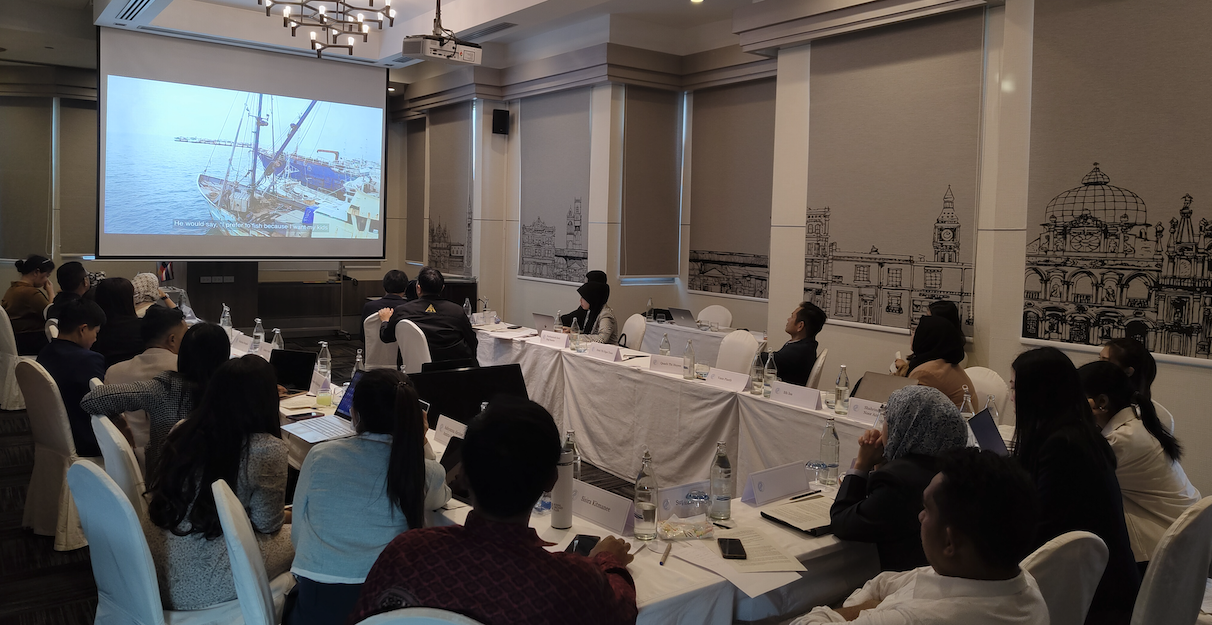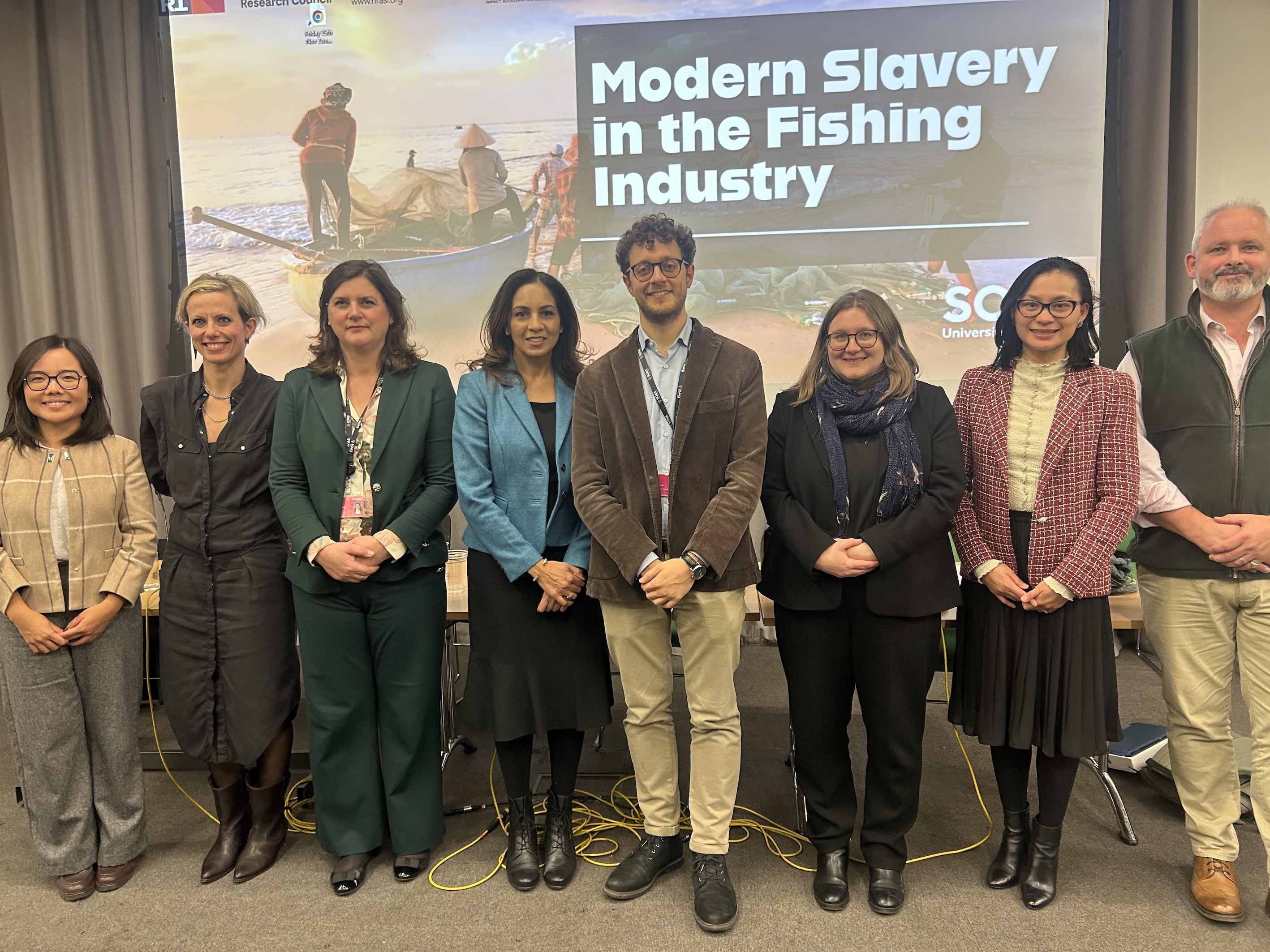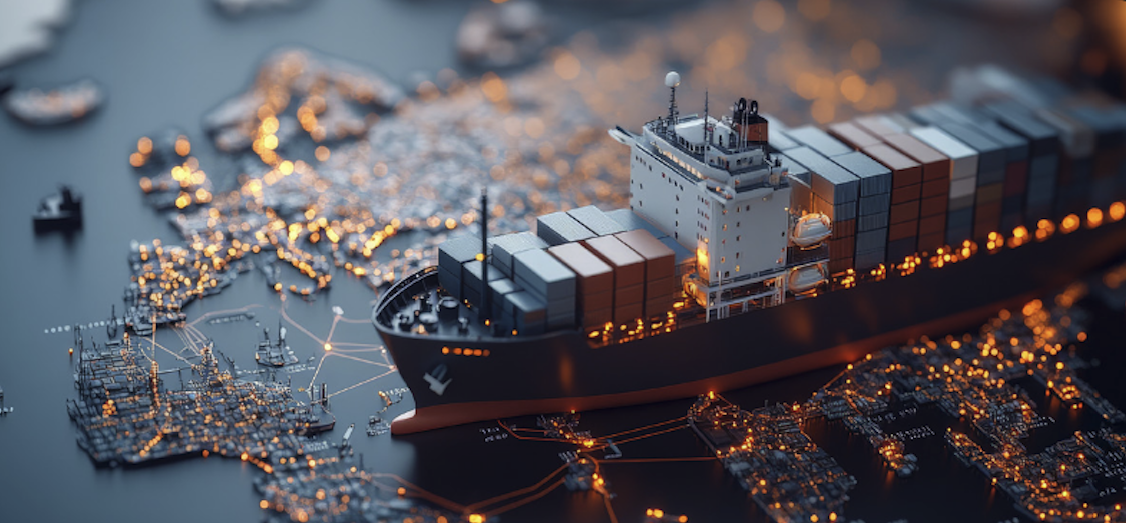About the Project
Fisheries Observers are the guardians of the ocean.
Observers work onboard fishing vessels and in part, may controbute to preventing illegal, unreported and unregulated (IUU) fishing. They monitor fishing activities to try and keep ocean ecosystems healthy for future generations.
But this role can place them in significant dangers. Fishing crews carrying out IUU fishing have murdered Fisheries Observers in the past to make sure they can not report their crimes. Fisheries Observers can also face harsh working conditions, with lack of independent communication means, extended trips and poor support from crews.
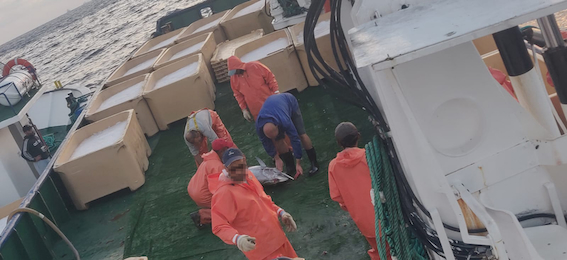
The Necessity of Protecting Fisheries Observers at Sea
This report focuses on raising awareness about the safety, security, well-being, and fundamental rights of fisheries observers who work at sea and highlights the critical need to protect and support fisheries observers, as their work is essential for ensuring the sustainability of global fisheries.
The report includes real incidents, such as alleged harassment and tragic deaths, to illustrate the challenges and risks faced by fisheries observers and provides urgent recommendations for state, regional, and global authorities responsible for fisheries management to take immediate action to improve observer safety and well-being.
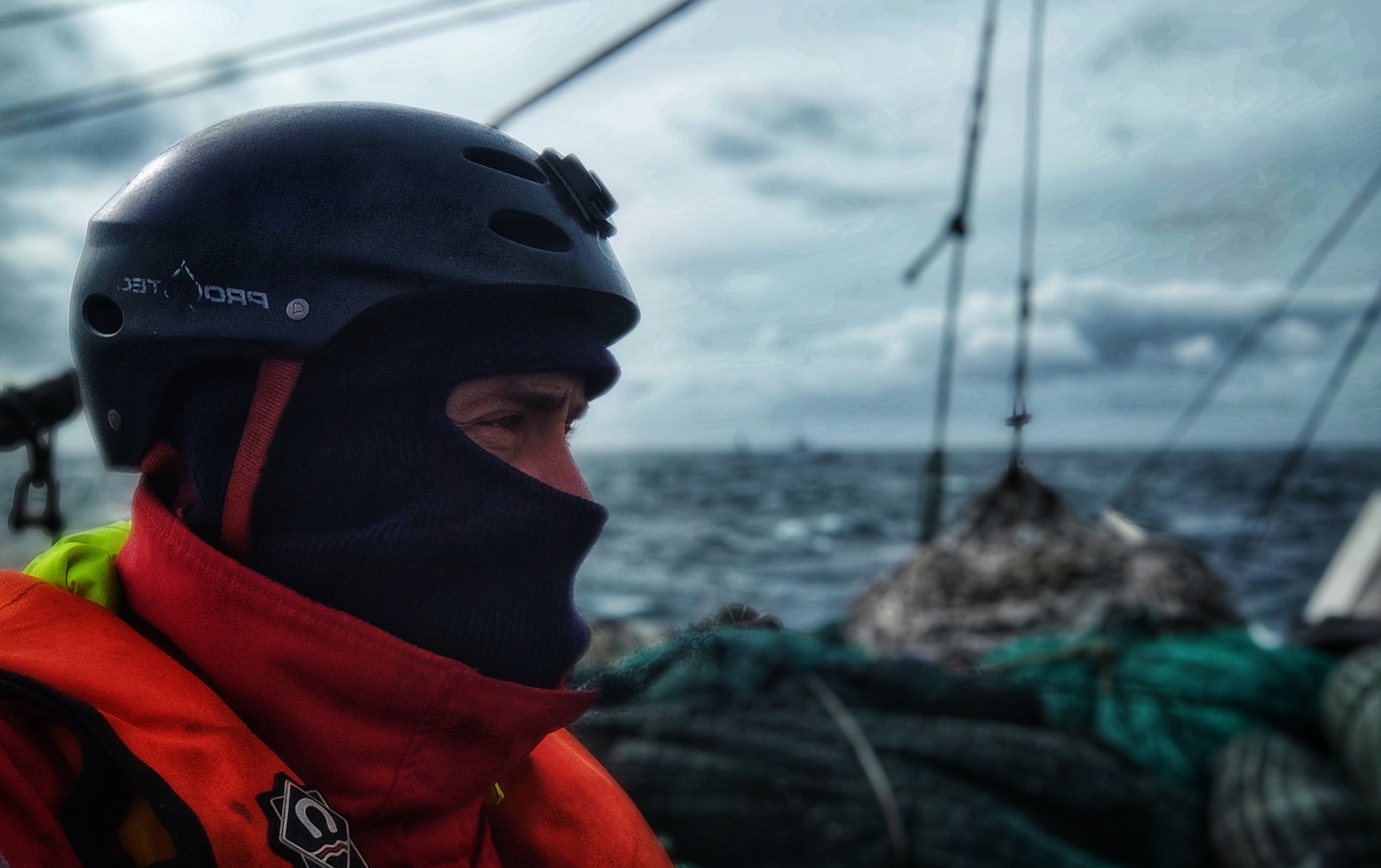
European Union
The protection of fisheries observers is a critical requirement for assuring sustainable fisheries around the world on a scientific basis. But, not all observers are adequately protected by their employers, including those working within the European Union's maritime coverage.
The current state of affairs is dangerous to both observer safety and the sustainable management of fisheries.
This independent report has been socialised with the European Commission through DG MARE, civil society organisations and crucially, has been contributed to by multiple EU-based observers, managers and professional associations. DG MARE has voluntarily provided comment which is embedded in the report.
The report has been triggered by a confirmed April 2023 at-sea incident of alleged harassment and subsequent evacuation of a Portuguese fisheries observer from a Portuguese fishing vessel operating in the North Atlantic Fisheries Organization (NAFO) regulatory area.
It further takes account of a past 2021 incident whereby another Portuguese observer was evacuated from a NAFO Portuguese-flagged fishing vessel for reported infringement relating to instances of interference and intimidation on board.
The third and most recent incident involves the ongoing investigation into the unexplained death at sea of another Portuguese observer in June 2023 on a Portuguese-flagged vessel fishing off the coast of Argentina and operating out of the port of Montevideo, Uruguay. At the time of writing, DG MARE have stated in response to this incident that, "DG MARE services reported that, pending the outcome of the investigation on this fatal incident, the flag Member State authorities have clarified to DG MARE that the observer was a scientific observer without control tasks, and were not aware of threats to the observer". This incident remains under investigation at state and EU level.
These three incidents reinforce civil society and observer association concerns around observer safety, security and wellbeing. This has triggered the issuing of urgent recommendations in the report to be considered and acted upon by state, regional and global Regional Fisheries Management Organisation (RFMO) authorities.
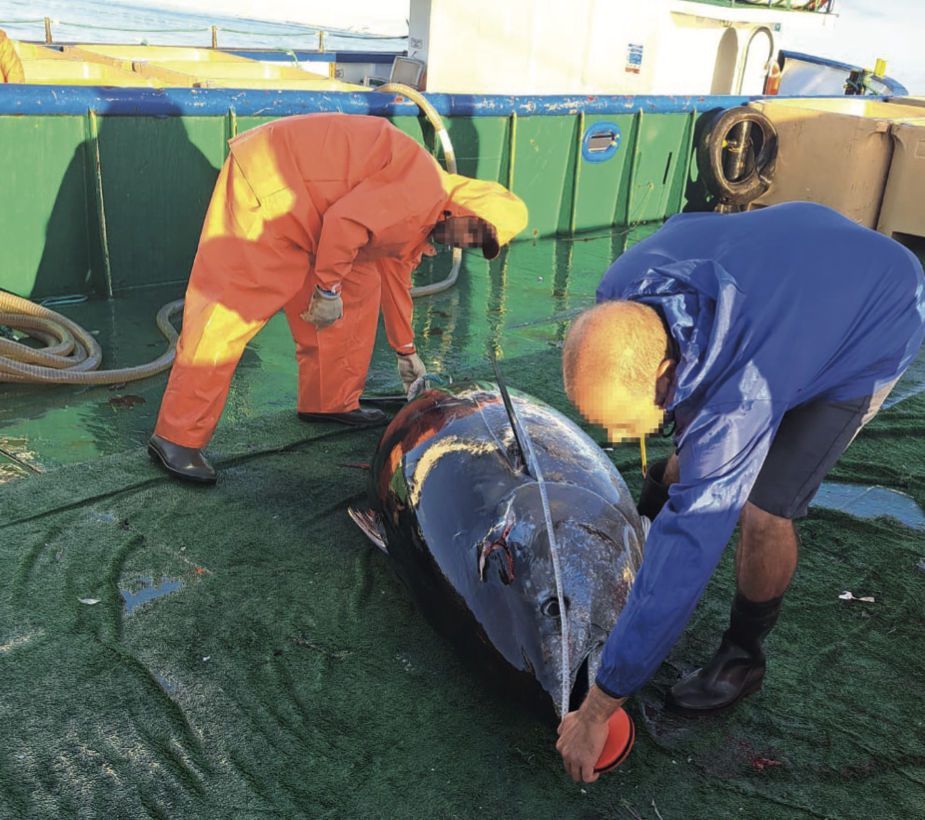
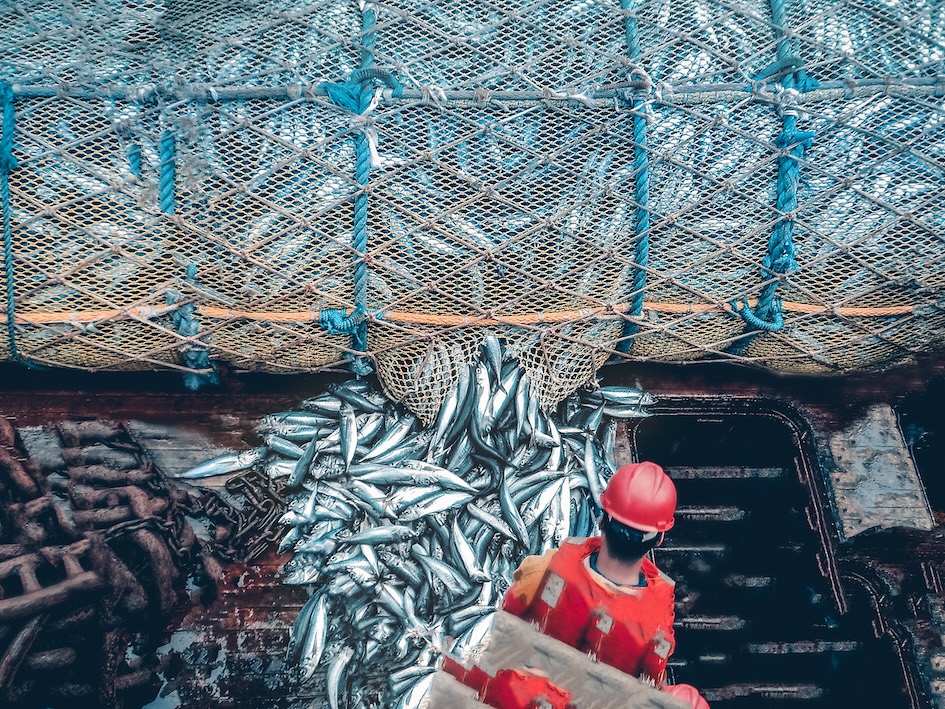
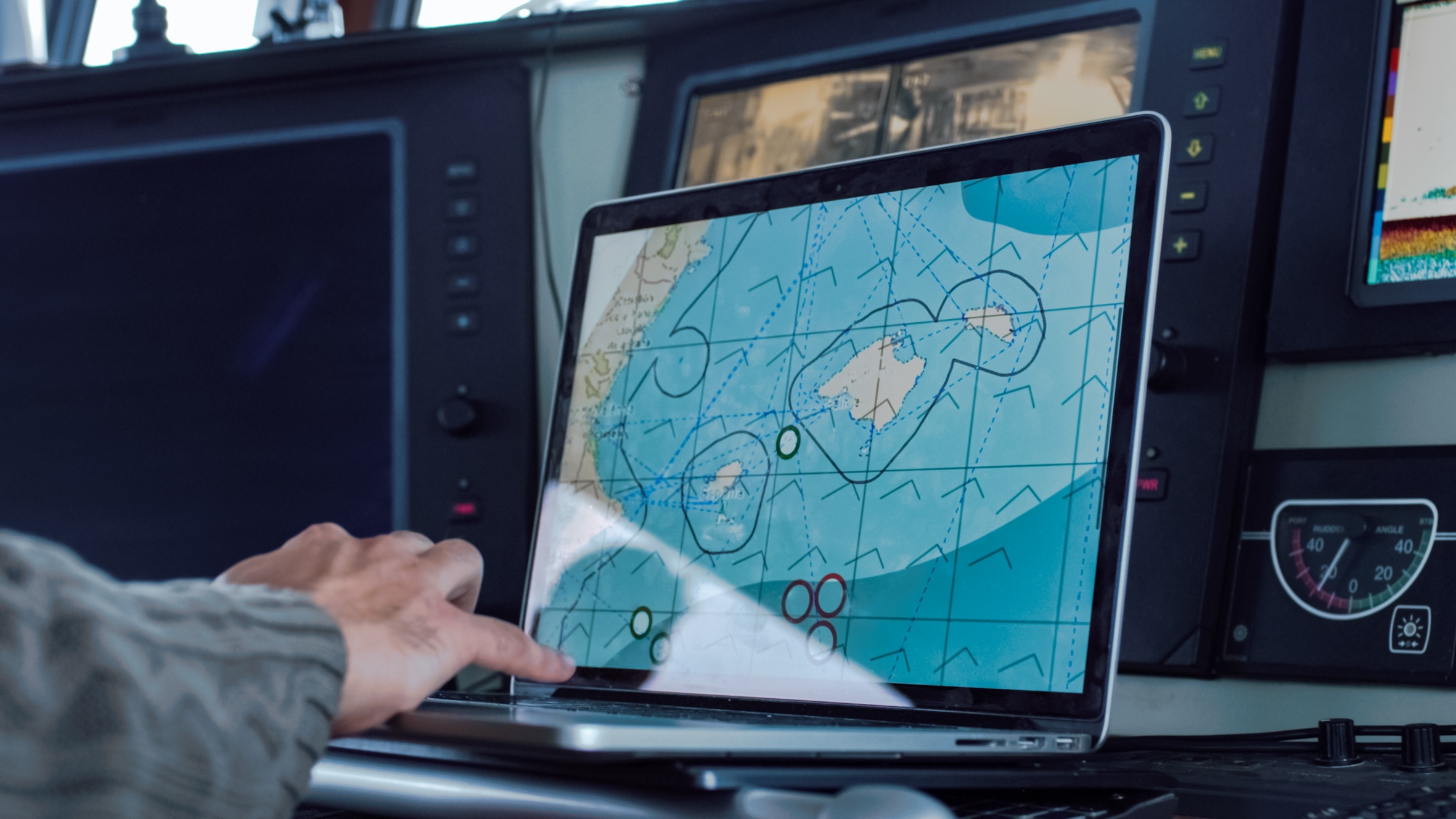
Insight Briefing Note: The Role of Fisheries Observers: Safety, Welfare and Professional Challenges
The latest Insight Briefing Note from Human Rights at Sea International has been published providing an independent review of safety, welfare and professional challenges for fisheries observers.
DOWNLOAD HERE
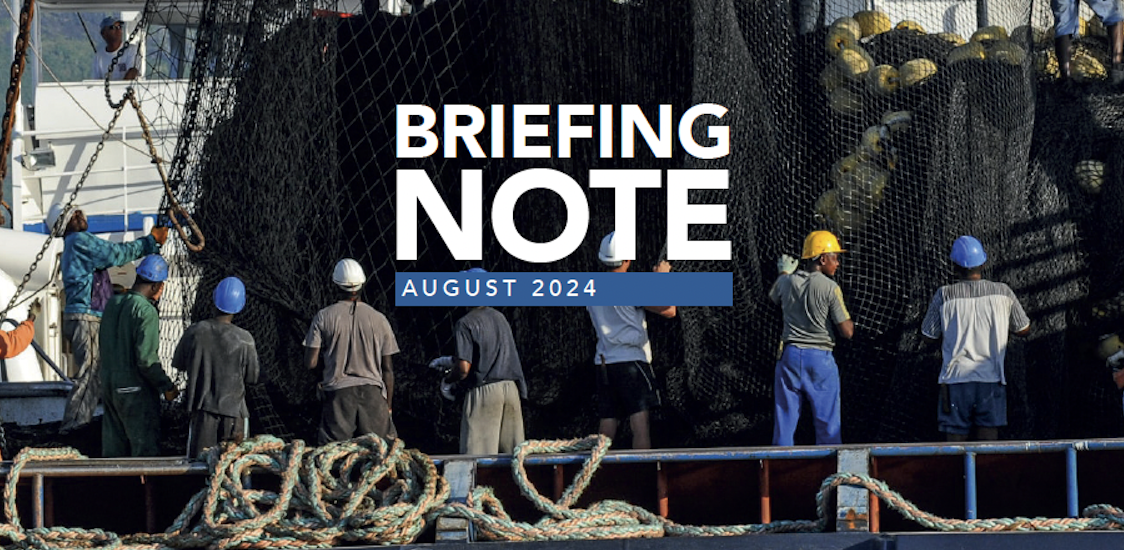
What Experts Say
"Observers are public servants charged with monitoring public marine resources. Observer harassment is often directly related to what the observer is reporting and thus the circumstances surrounding these incidents are of public interest, especially if the observer dies. The public has a right to know when and under what circumstances the observers were prevented from doing their job. Trends should be studied to ferret out their source. This would enable precious resources to focus on needed areas, regions, fisheries and flag-states of vessels that have chronic harassment problems. Likewise, sustainability certifications should come with requirements of increased programme transparency, including any observer reports of pressure or bribery attempts to sign off on the vessels’ adherence to their standards. The lack of transparency of observer programs and agencies mandating observer coverage, while failing to protect them or act on their reports, is also of public interest. It is my hope that one day consumers will equate a lack of agency transparency as complicity in IUU fishing and that sustainability certifications will include standards for observer programme transparency and integrity."
Liz Mitchel of the Association for Professional Observers
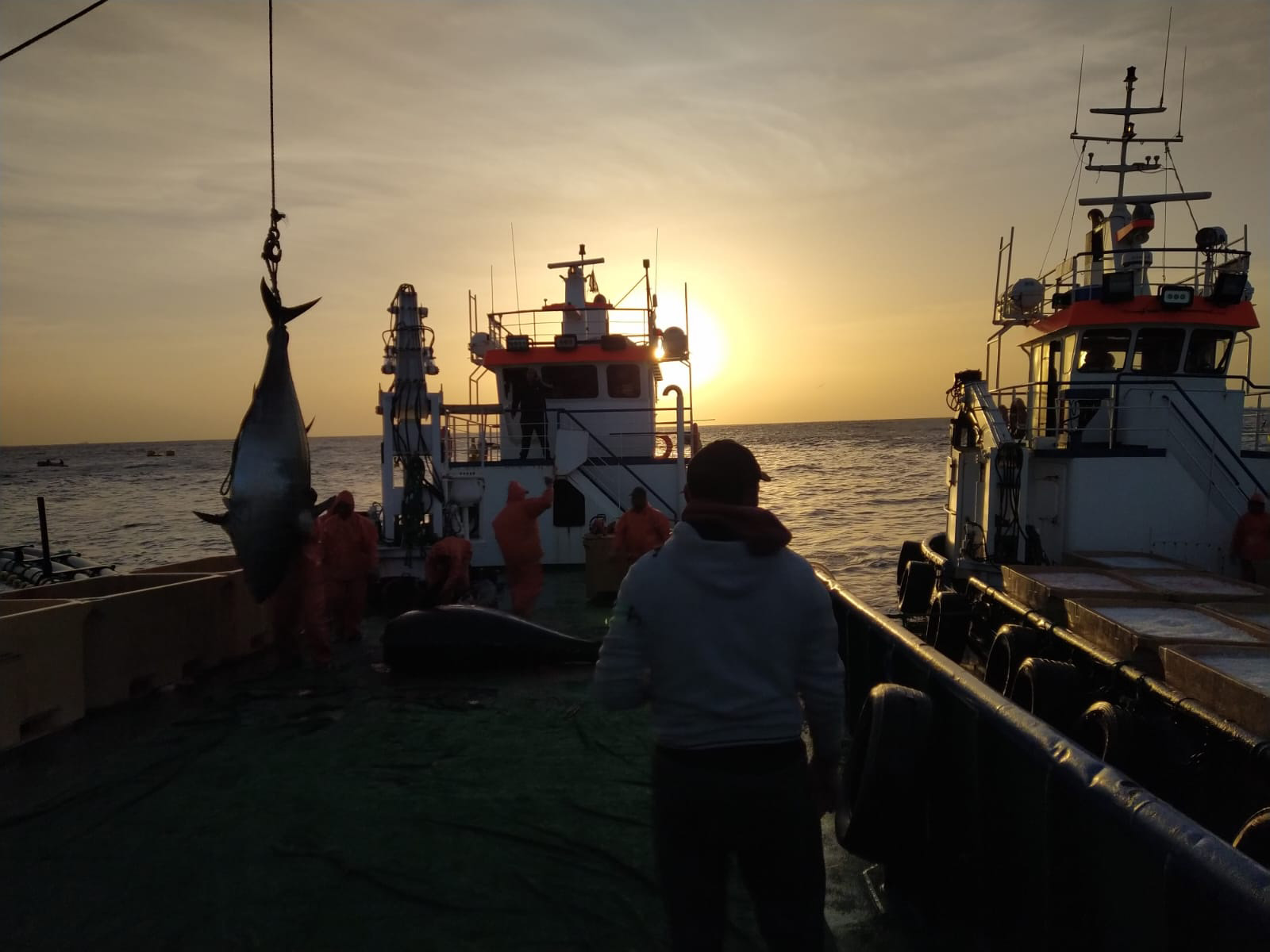
"Safety and security should always be a top priority for observers. They play a crucial role in documenting events and ensuring transparency in fisheries, but their work can often put them in a dangerous situation. Mental health and psychological support should not be overlooked when considering observer safety and wellbeing. It is essential to create an environment where observers feel safe to report any threats or incidents they encounter while carrying out their duties. Establishing clear channels of communication, confidential reporting mechanisms, and robust support systems can help ensure their wellbeing. Measures should be effectively taken to provide them with proper certified training, protective equipment, and support, particularly in high-risk environments. Governments and National authorities should work together to develop and implement policies that protect observers and safeguard their rights. This includes the recognition of the Compliance and Scientific Fisheries Observer as a maritime professional and also, establishing guidelines for their safety, providing legal protections, and holding accountable those who commit acts of violence or intimidation against them."
Portuguese observer and APOAM member Pedro de Jesus
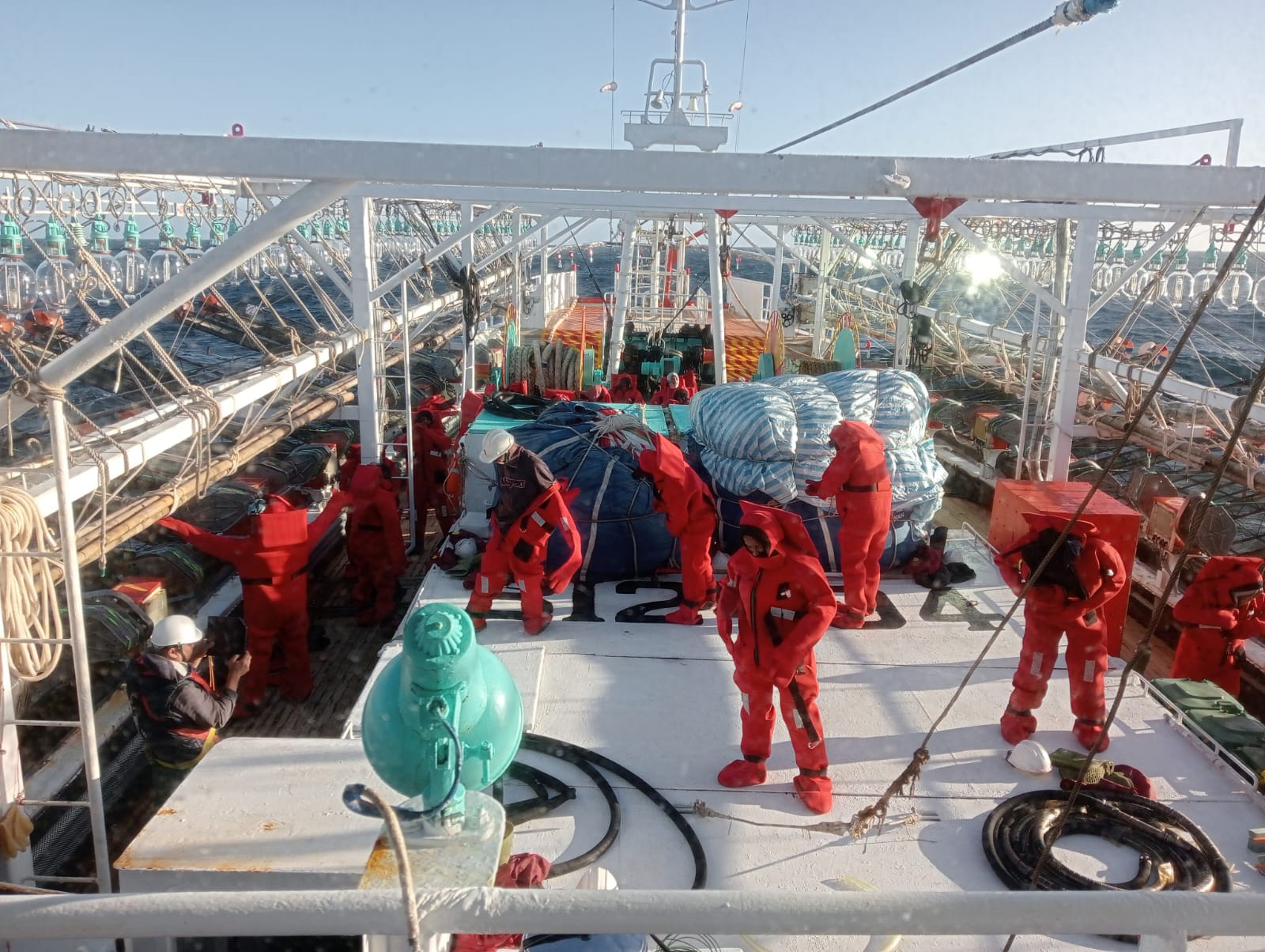
A Short Briefing: Introducing the Issues for Observers
With vessels fishing thousands of miles offshore, what stops commercial fishing operations from straying from the rules? The presence of trained specialists, called fisheries observers, aboard vessels drive crews and their captains to abide by international and state laws. As the ‘eyes on the water,’ fisheries observers do not enforce the rules, but rather, note down and report any incidents of abuse, overfishing, or landing of endangered species aboard the vessel. International governing bodies and coastal states rely on observers’ data collection and catch reports to manage for sustainable fisheries.
Due to the risky nature of their work, fisheries observers can face abuse, or even die or disappear at sea. Some crews view an observer as a ‘snitch,’ and believe an observer’s focus is to spy on the boat and report on issues that will compromise the vessel and crew. And when illegal activity does occur, crews may be tempted to silence the only person aboard who must report such actions.
International bodies have recognized the need for policies that protect observers, but the few policies that exist do not go far enough. Two international measures for example, the ILO C188 Work in Fishing Convention and the Cape Town Agreement, are not sufficient as the former lacks clauses specifically targeted at the safety of observers and the latter has yet to be ratified by enough countries to enter into force. The body governing most of the Pacific Ocean called the Western and Central Pacific Fisheries Commission (WCPFC), did adopt a conservation and management measure in 2017 to protect observers, but the conditions of the measure lack specificity and often go unmet at sea. Private organizations, like seafood certification schemes, that exist to pressure the commercial industry to follow best practice, do not mandate that labor abuses must be accounted for and eliminated before a fishery qualifies for a certification of sustainability.
This lack of safety measures is not the only issue at hand. When an observer does die at sea, subsequent investigations into these deaths and disappearances are fraught with disorganization and bureaucratic difficulties. It is rarely clear which flag state must lead the investigation as the nationality of the observer, the Economic Exclusion Zone (EEZ) where the crime occurred, and the flag state of the boat, belong to different countries. Additionally, a history of noncooperation between countries means investigators often do not have access to data from Vessel Monitoring System (VMS), a satellite surveillance system that tracks a fishing vessel. This leaves the families of deceased observers in the dark and without fair compensation.
Fisheries observers deter illegal, unreported, and unregulated fishing and help promote global sustainable fisheries. In turn, they must operate under working conditions that leave them open to ample risk and abuse. This does not have to be their reality, yet stakeholders both internationally and at a state level have not gone far enough to protect observers and their families.
ENDS.
We support the human rights of Fisheries Observers
Independent Investigations & Case Studies Looking into Observer Deaths
When a fisheries observer dies at sea, the investigation is often shrouded in secrecy and fraught with bureaucratic hurdles. Justice is rarely delivered, and so HRASi partners with the families of victims to conduct thorough reviews of the investigative process. Through these case studies, HRASi examines all available information, developing a timeline of events from the point at which the observer was deployed to when they disappeared or died, all the way through to the end of the investigation. Alongside legal professionals, a suite of recommendations is developed and delivered to government agencies and international bodies, urging for action on behalf of the family.
In response to the death of Kiribati fisheries observer, Eritara Aati Kaierua, HRASi published a 40-page report in 2021 that included analysis of the vessel Win Far 636’s Automatic Identification Systems (AIS), outstanding questions relating to conflicting pathology reports and the lack of forensic investigating, and impact statements from Eritara’s family. HRASi’s work has been covered extensively in the media, including on ABC Australia’s Pacific Beat Podcast and the Civicus Monitor. The documentary, Death at Sea, was subsequently produced and dove into Eritara’s case and HRASi’s push for justice.
Similar investigations have been conducted by HRASi concerning the abuse of three separate incidents involving Portuguese fisheries observers in 2023 and the disappearances of fisheries observers Keith Davis and James Numbaru Junior. In partnership with the Law Firm Sherman & Sterling LLP, HRASi has also outlined a step-by-step protocol for victims and their families to follow after facing abuse at sea.
Policy Overhaul
Current state-level and international policy is not sufficient to protect fisheries observers. HRASi partners with Regional Fisheries Management Organizations (RFMO), governments, NGOs, and private companies to overhaul existing policy measures.
The Western and Central Pacific Fisheries Commission (WCPFC), the body tasked with managing most of the Pacific Ocean, passed a conservation and management measure (CMM) in 2017 tasked at protecting observers. In 2020, HRASi revised this CMM and published a draft proposal, along with extensive commentary, that eliminates loopholes, mandates a safe working environment, and clarifies protocols in the event that an observer dies. These efforts were covered in the seafood news publication, Undercurrents. Additionally, HRASi developed an exhaustive list of policy recommendations in support of observers in the Western and Central Pacific Ocean (WCPO) that include provisions for insurance, safety equipment, the handling of vessel tracking systems data, investigative processes, and more.
HRASi also undertook a study of the working conditions of fisheries observers in the WCPO. To do this, a 54-question survey was developed and dispersed to observers through the WCPFC Secretariat and Parties to the Nauru Agreement (PNA), along with HRASi itself. The survey garnered over 100 entries and revealed concerning labor issues among the respondents.
ENDS.
Video: Brussels Briefing of 2023 Observer Report to the Long Distance Advisory Council
Latest News
View all News